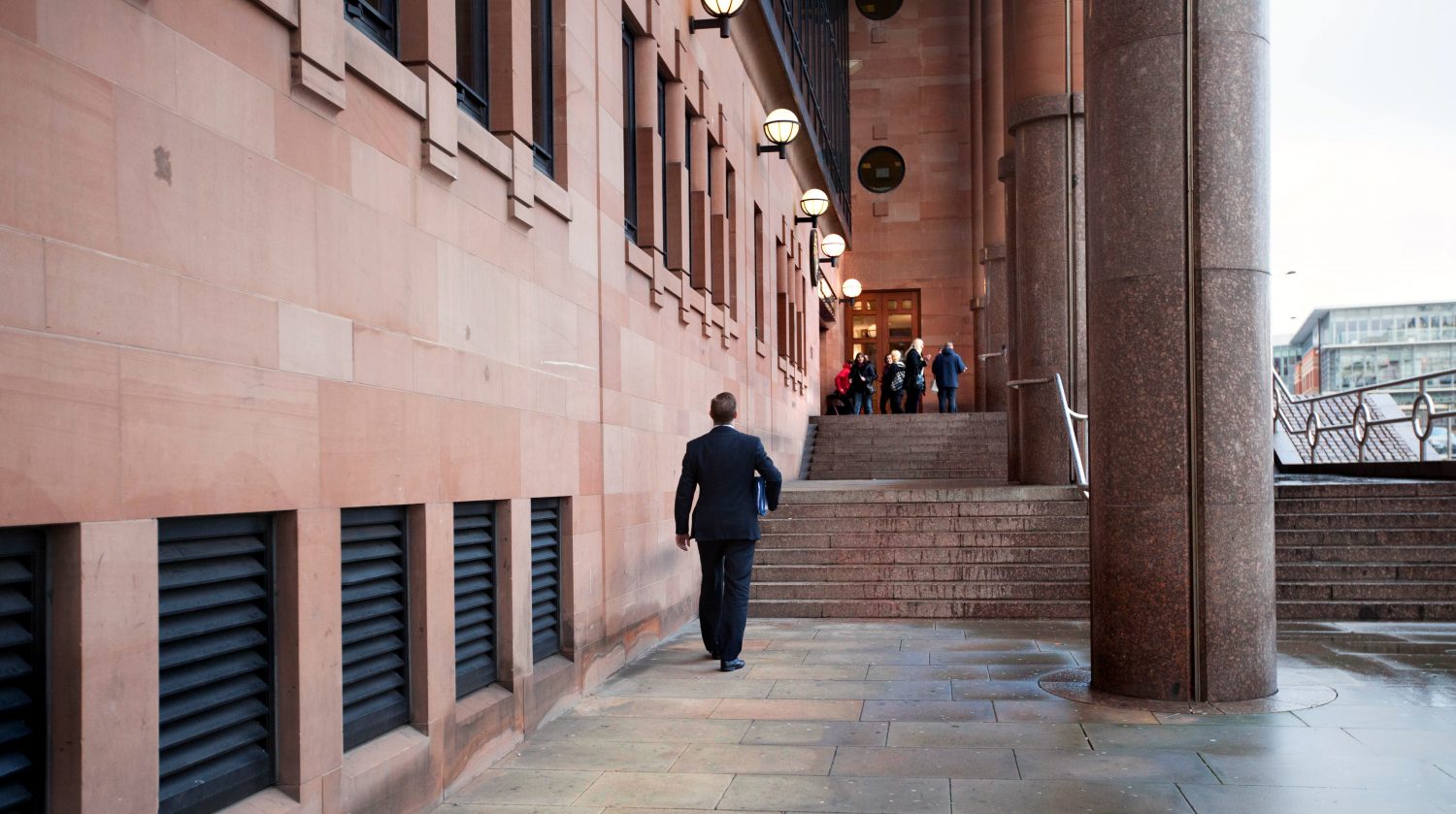Custody Time Limits

There has recently been developments within criminal law surrounding Custody Time Limits. This blog aims to outline the changes, and explain how they are developing and what this could mean for you.
What is a Custody Time Limit?
The Custody Time Limit (CTL) is a safeguard which ensures that there is a maximum time limit that a defendant can be held in custody before trial, which will involve a situation where a defendant has been charged with a criminal offence, refused bail and is in prison awaiting trial (remanded into custody).
Time Limits
For cases listed for trial in the Magistrates Court, the time limit is 56 days beginning on the day after the defendant appears in court and is remanded, although if the case could be tried in the Crown Court instead then the time limit can easily be extended to 70 days.
If the case is listed for trial in the Crown Court, then the limit is 182 days. The basic rule is that if the CTL expires before the trial, then the Defendant should be released on Bail.
When does a Custody Time Limit cease to apply?
A CTL will cease to apply to a charge/count in the following scenarios:
- An accused is granted bail and released from custody in relation to that offence: any remaining balance of the CTL is suspended and remains so as long as the defendant remains on bail.
- A guilty plea is entered and accepted by the prosecution and court. (If a guilty plea is not accepted the CTL continues – e.g. a guilty plea to manslaughter instead of murder, but this is not accepted).
Extending a Custody Time Limit
The court can extend the custody time limit but only if it is satisfied that the need for the extension is due to some other good and sufficient cause and that the prosecution has acted with all due diligence and expedition. The wording of the previous sentence comes directly from the test the court must apply when deciding whether to extend CTL.
There are several things that the court are very reluctant to consider as a good reason to extend the time limit and these include:
- The seriousness of the offence
- Lack of funding for the case provided by parliament
Effect of COVID-19 on the Custody Time Limit
As you may be aware, since the beginning of the Coronavirus pandemic, Crown Court Trials have largely stopped because there are not adequate ways to ensure that juries can be kept safe, and there is a risk that if someone develops symptoms during the trial, then the trial will be ineffective and have to be re-run at significant public expense. (N.B. see our blog page for the most up to date information on this). As you might imagine, this has huge implications for CTLs. There is a Coronavirus protocol which has been handed to judges nationally to ensure that applications to extend CTLs are dealt with uniformly. This document sets out that a combination of the government health advice and directions made by the Lord Chief Justice amount to good and sufficient cause to extend the CTL.
However, you will be aware that lockdown is now being gradually eased, and government health advice is changing. As well as this, whilst Crown Court trials are beginning in some parts of the country, it is recognised that there are a lot of defendants who are going to be waiting a very long time before their case can be heard in front of a jury. Crown Courts are therefore having to do a balancing act, where they triage cases to work out which cases are appropriate to be heard at present given the restrictions, and giving due regard to the length, complexity and seriousness of the cases. In the past few days, a decision was made by Woolwich Crown Court that because of the length of time it would take for a certain defendant to be tried, it would not be right to leave the defendant languishing in custody. Therefore, the court decided not to extend the CTL and the defendant was released on bail.
The Judge’s decision Raynor judgment (002) where they have suggested that the Government has not done enough to get Jury trials moving again and clear the backlog. A solution to the backlog in Criminal trials needs to be found, and fast. Various options are being considered by the Government, including the removal of the right to jury trial for some offences, reducing the number of jurors and opening more courts (Nightingale Courts).
The protocol was only ever meant to be a temporary measure. The public can now use a gym and go to restaurants, and there have not been issues with jurors in the trials that have taken place, so the Judge in the case decided that there was no good reason to extend the CTL.
Contact
If you have any queries about CTL contact our crown court solicitors, or if you have any general criminal law queries please contact our crime solicitors team on 0191 232 9547 or fill out our contact form.



